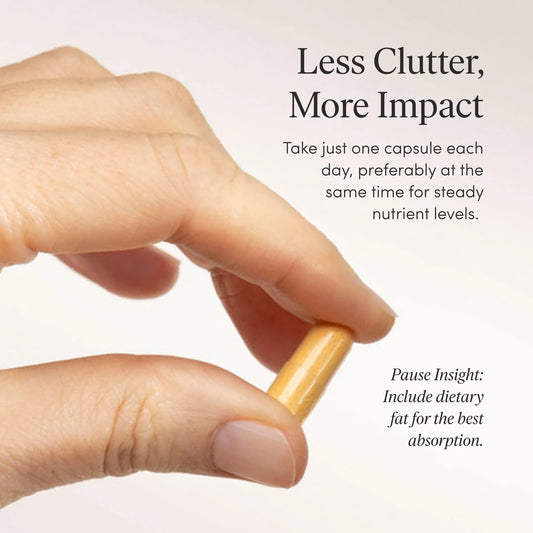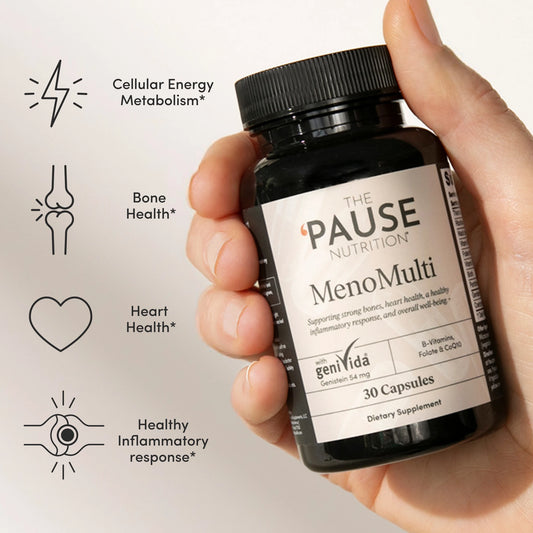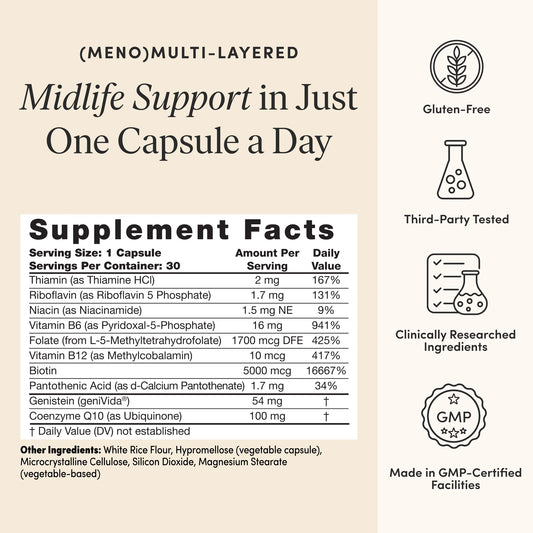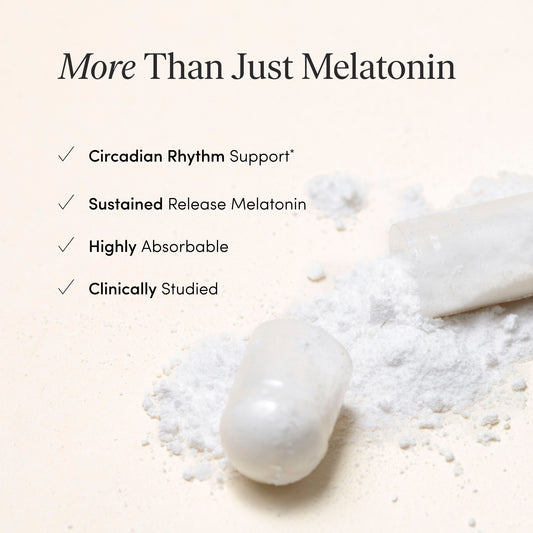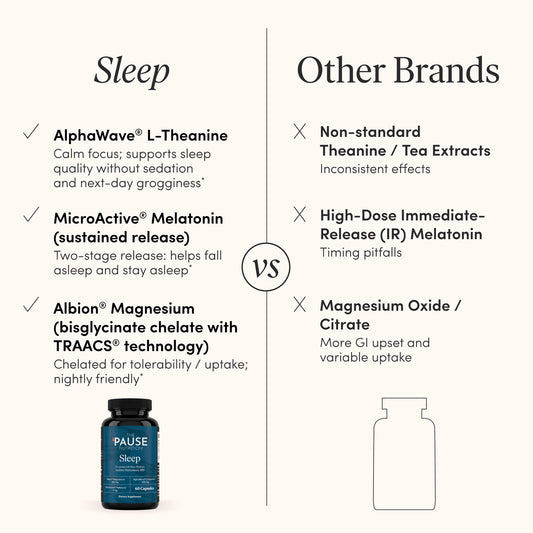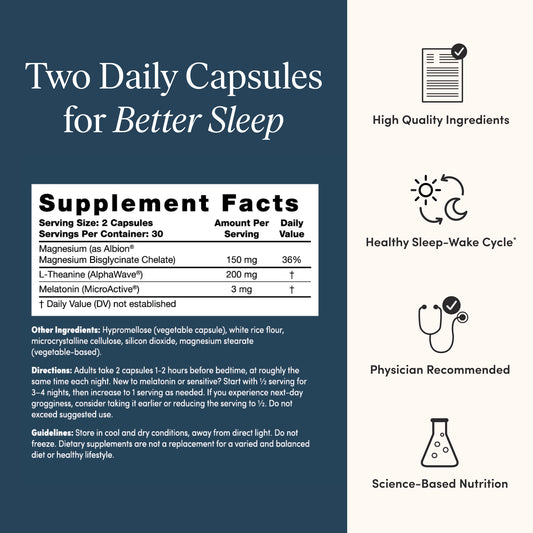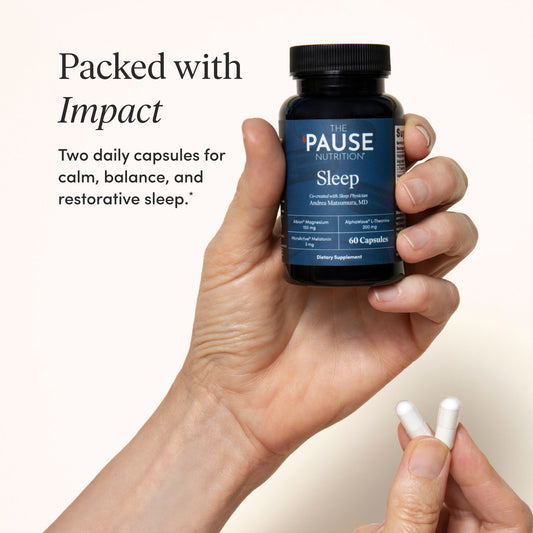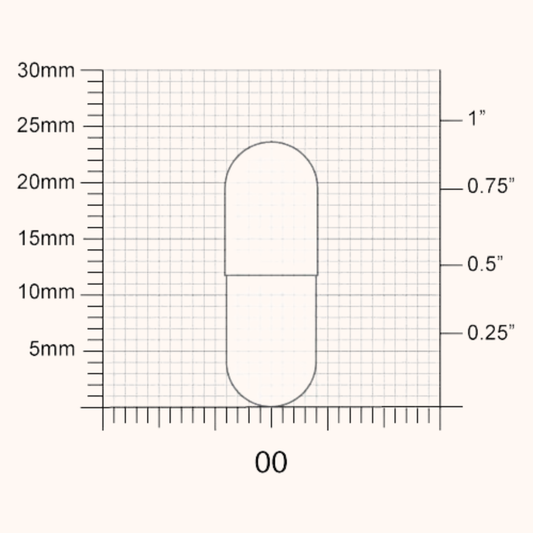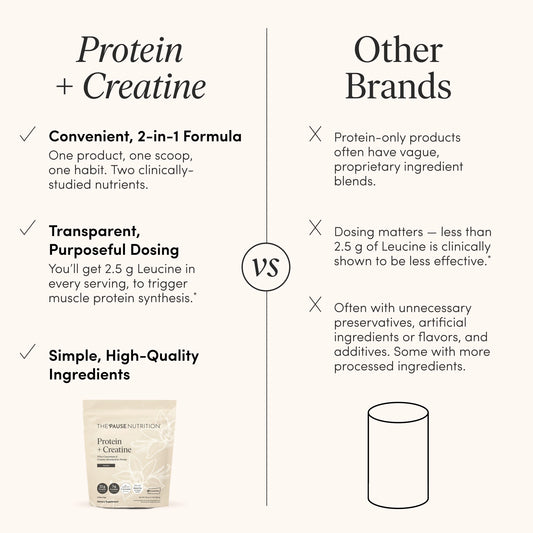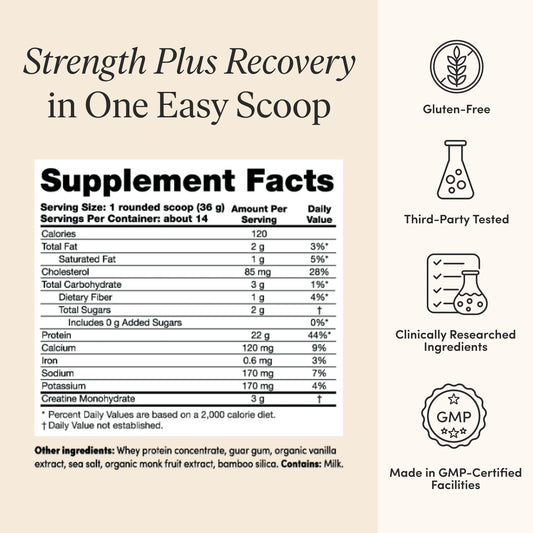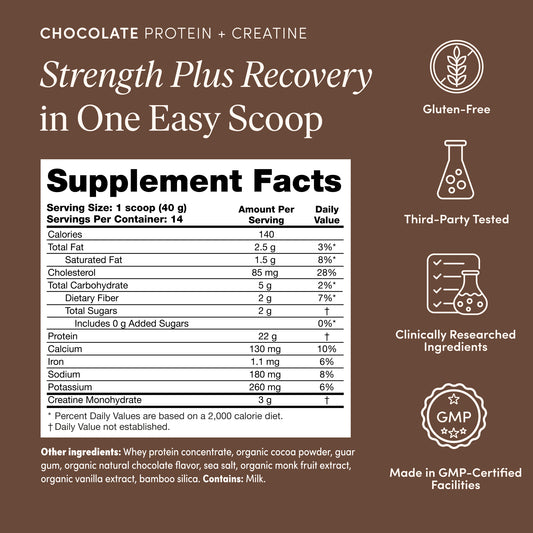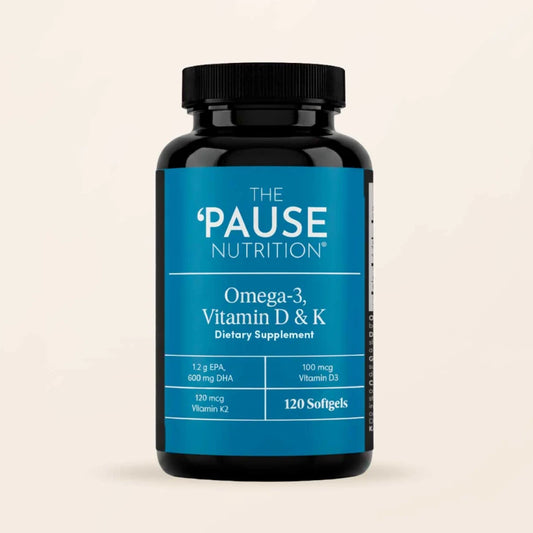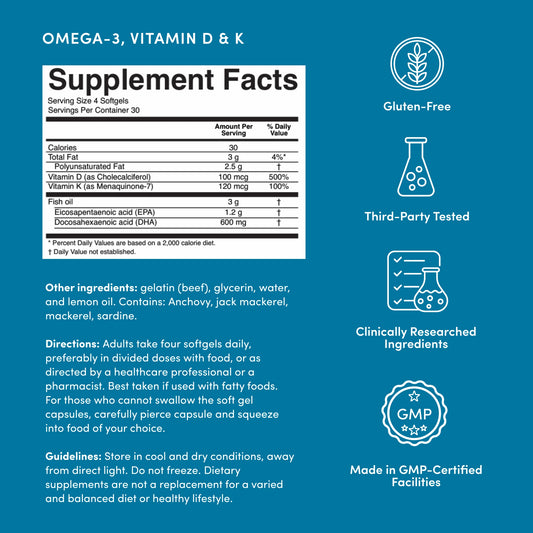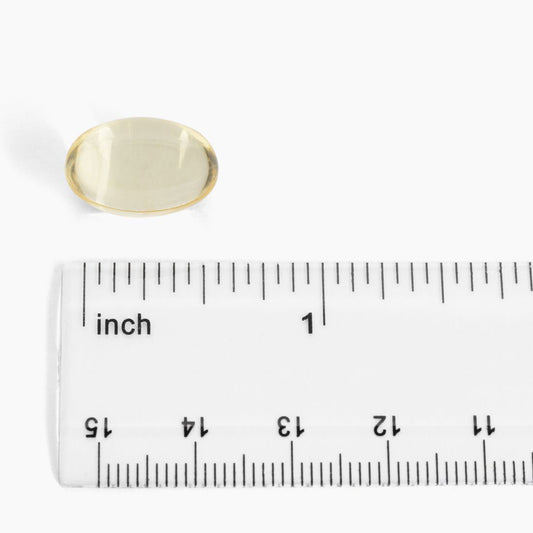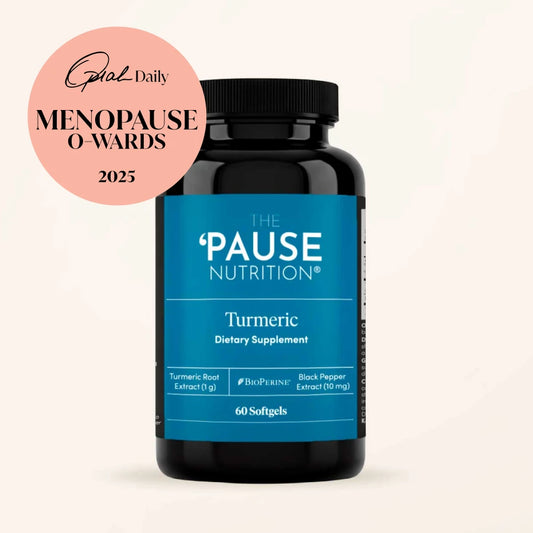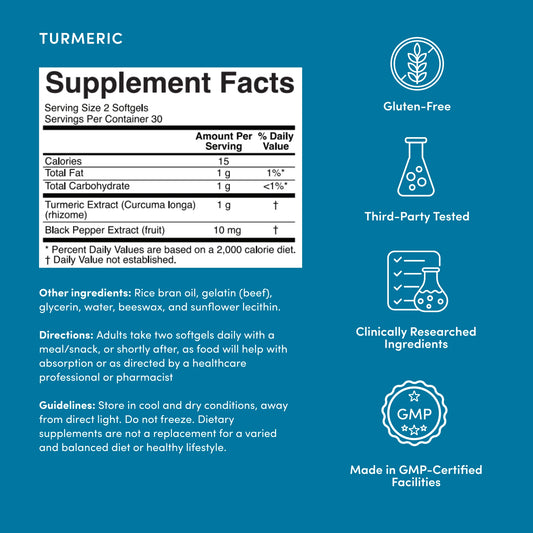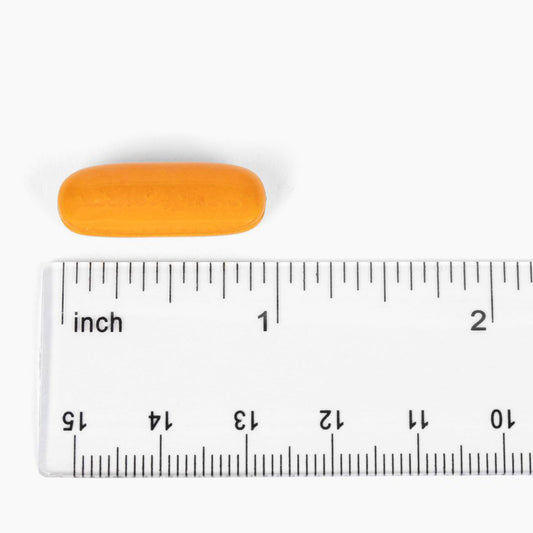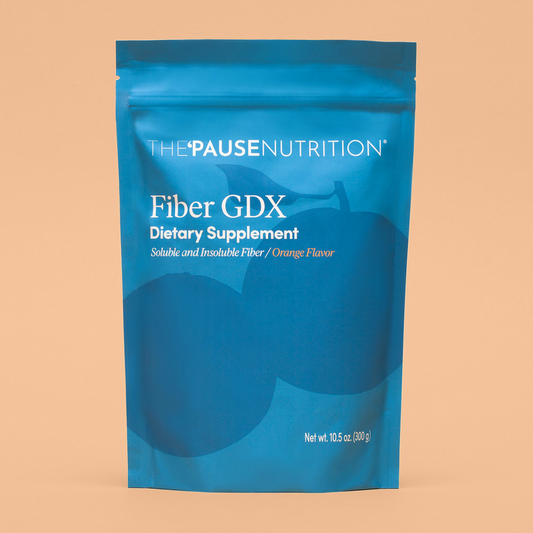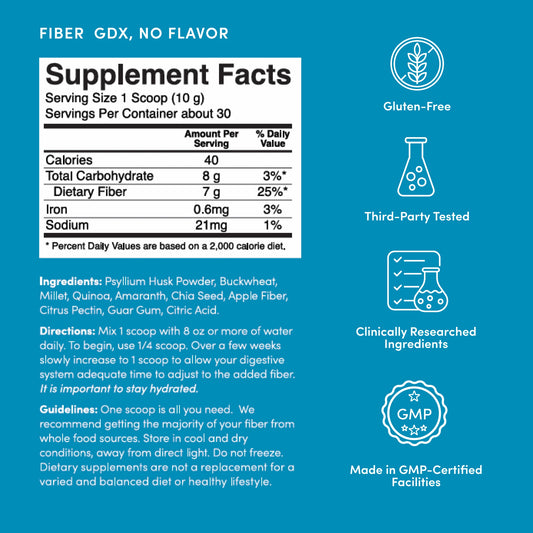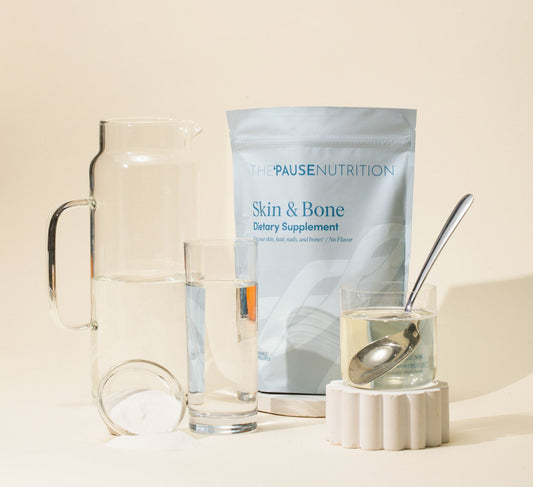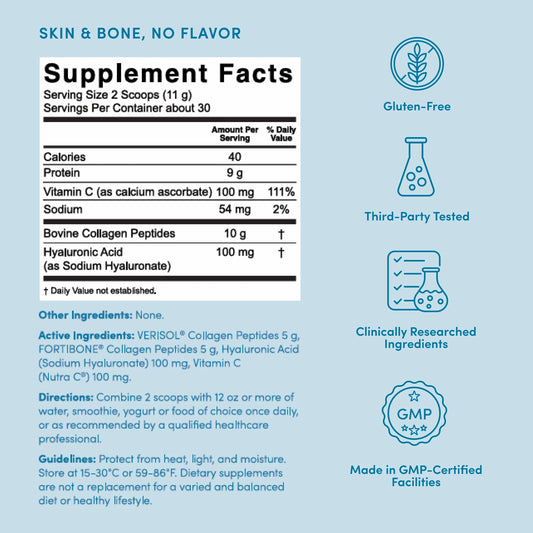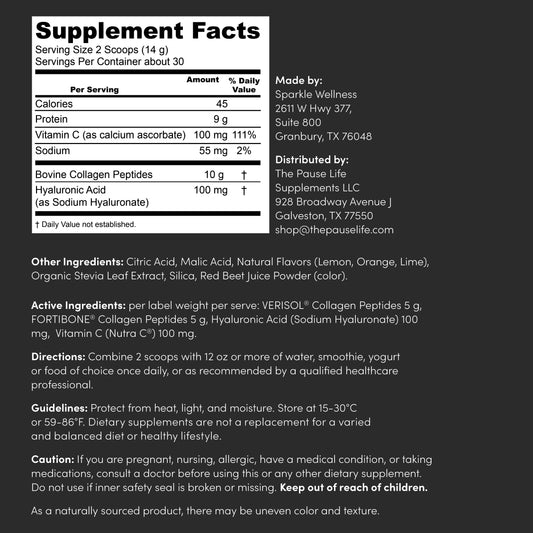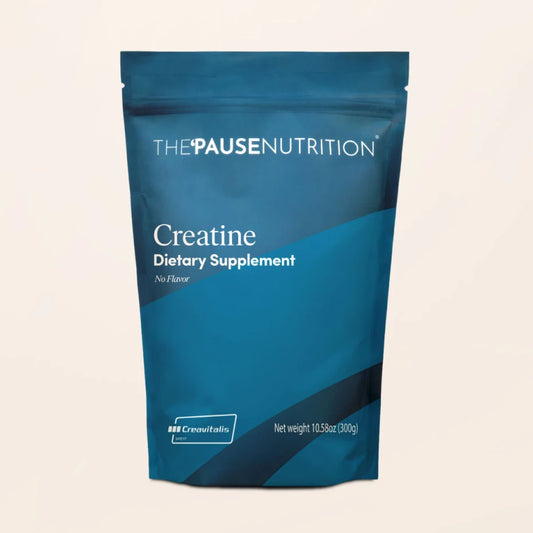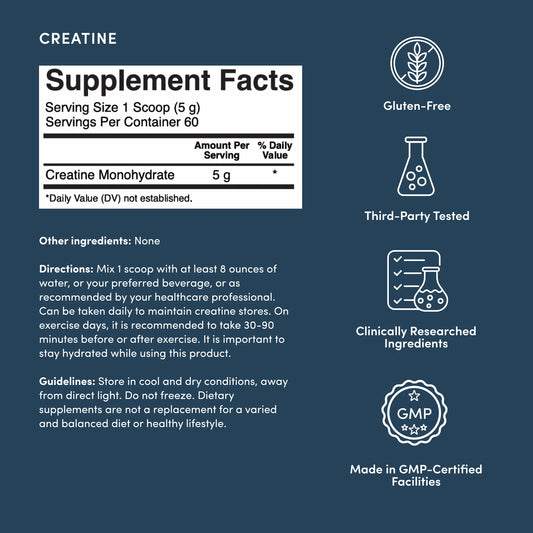Menopausal Depression: Reducing Vulnerability & Symptoms with HRT

Share
With a growing body of evidence recognizing the development of depression symptoms during the menopause transition (MT) as problematic, researchers are calling perimenopause a "window of vulnerability" for depression. (1) There is increasing information on estrogen's influence on the brain. Researchers are now finding the hormone can effectively reduce the symptoms and severity of depression during the transition to menopause; so much so that the use of estrogen during the perimenopausal phase is now seen as a "window of opportunity" for treatment. (2)
How hormones affect depression
The menopause transition (MT) covers the years before a woman’s last menstrual cycle. Symptoms can start in the mid-30s and last up to 14 years before one fully enters menopause. (3) During this transition, hormone changes occur abruptly, including fluctuations in estrogen. (5)(6)
Estrogen is a hormone that helps with the growth and maintenance of the female sex features. (4) Estrogen also works in the brain on neurotransmitters, chemicals made by nerve cells that communicate with other cells. (8) By regulating neurotransmitters, estrogen helps protect the brain against Alzheimer's and Parkinson's Disease. (2)
Estrogen's effect on neurotransmitters extends to mood regulation by helping to manage (2):
- Serotonin: Fluctuations in estrogen levels decrease the regulation of serotonin and can lead to depression.
- Sleep: Estrogen fluctuations may create problems falling asleep or staying asleep. Lack of sleep can disrupt someone's ability to function normally and decrease their quality of life.
- Vasomotor symptoms (VMS): Hot flushes and night sweats contribute to disrupted sleep for many going through the MT. In what is called the domino effect, women who develop vasomotor symptoms will also be more likely to develop a new onset of depression. (5)
Who is most affected by perimenopausal depression
To be clear, most people going through the menopause transition do not develop depression, however, one in three will have major emotional changes. (2) The Study of Women's Health Across the Nation (SWAN study) found women complaining of more irritability and mood symptoms during this life phase. (5) The greatest amount of depression appears to occur during the two years just before menopause. (5) Those with a personal history of depression episodes are the most at risk for developing depression or depressive symptoms during this time. (2)(6)
Risk factors for depression during the menopause transition:
- A personal history of depression
- Vasomotor symptoms
- Sleep disturbance
- Single, divorced, or widowed
- A history of childhood trauma
- Being physically inactive
- Having chronic pain
- Cigarette smoking
What studies show about hormone use in the treatment of depression
Traditionally, antidepressants were the first-line treatment used for perimenopausal depression. However, more recent research has found estrogen therapy is effective at reducing depression during the vulnerable menopause transition. (2)(6)
- Estrogen alone may improve depressive symptoms
- Estrogen used with an antidepressant may boost the effects of the antidepressant
- Estrogen may reduce VMS that triggers the domino effect of depression
This changes the "window of vulnerability" to a "window of opportunity" to use estrogen for managing depression early. (2)(6)
There are limits to using estrogen for depression. The benefits of estrogen are found only in the perimenopausal phase, not necessarily in post-menopausal women. Also, HRT does not have approval for treatment of depression from the Food and Drug Administration (FDA). This means use of HRT for depression is considered “off-label” use, which means that doctors may prescribe a medication for any purpose if they believe it makes sense for the patient.
Why treating depression with HRT matters
In the United States, approximately 1.5 million women enter menopause each year, with millions more going through perimenopause. (5) A third of those women will experience depression or depressive symptoms during this transition, which can last a decade or more. The adverse effects of depression can significantly impact someone's quality of life. The impact is so great that the World Health Organization (WHO) routinely ranks depression as a leading cause of disability in women. (6)
Researchers are finding estrogen therapy has the potential to improve the well-being of millions of women by decreasing their symptoms of depression. Early intervention with treatment can turn the window of vulnerability of depression into a window of opportunity to give women their lives back. If you believe you are experiencing signs or symptoms of perimenopausal depression, talk with your doctor to find out if hormone replacement therapy is an option for you as part of your treatment plan. Print out and share information from the sources and studies linked below.
|
Signs and symptoms of perimenopausal depression |
|
Irritability or frustration |
|
Problems with concentration, memory, or decision making |
|
Insomnia or sleep problems |
|
Decreased self-esteem |
|
Feeling disconnected or loss of enjoyment in things |
|
Decreased libido |


















